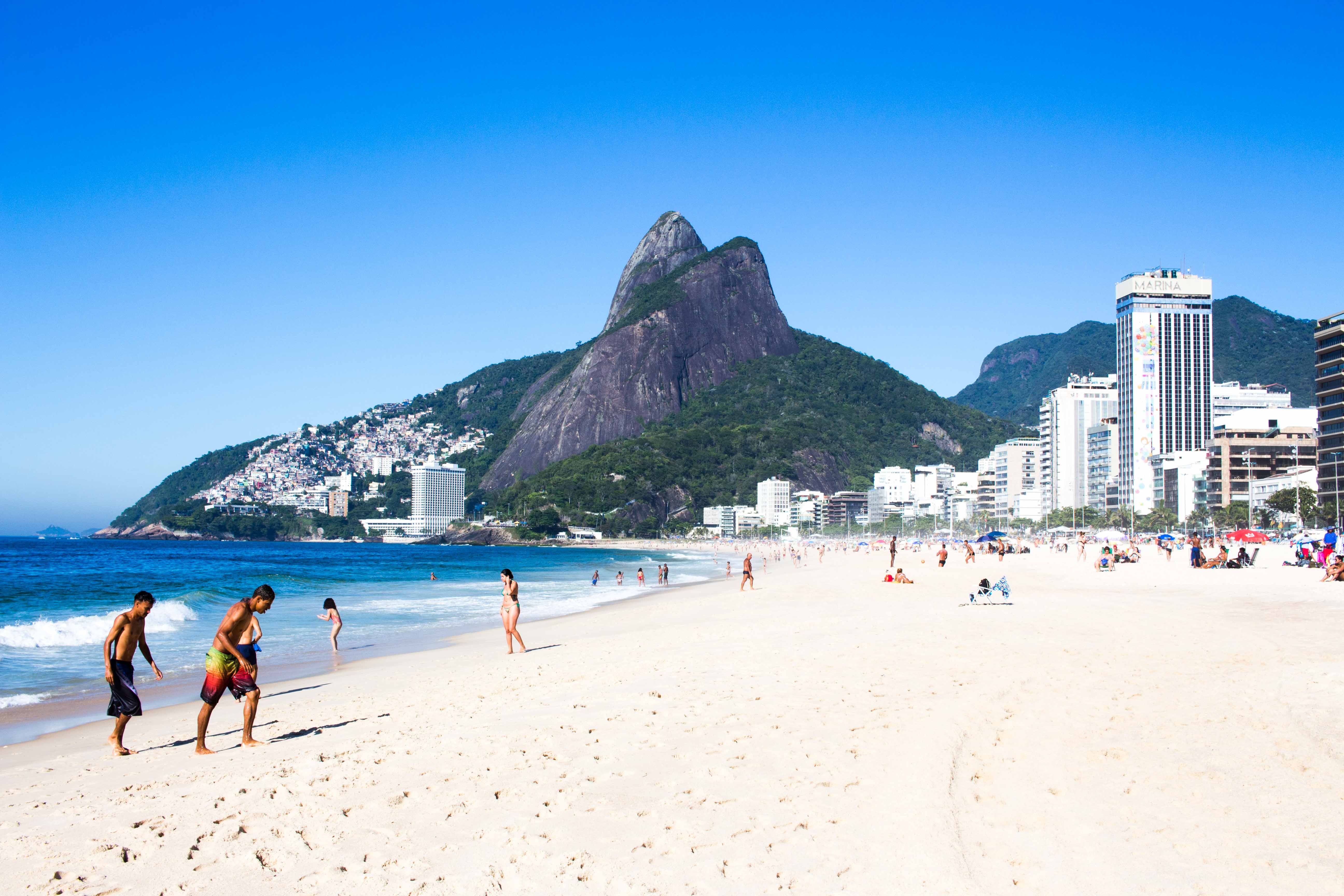
33 SPRING BREAK SAFETY TIPS FOR COLLEGE STUDENTS, FAMILIES, AND SOLO TRAVELERS (2025 UPDATE)
Spring Break safety may not be top-of-mind when deciding whether to catch a few rays or go road-tripping, but following a few simple Spring Break safety tips will make sure everyone has a great time.
Here’s how to ensure that your Spring Break trip is safe and fun.
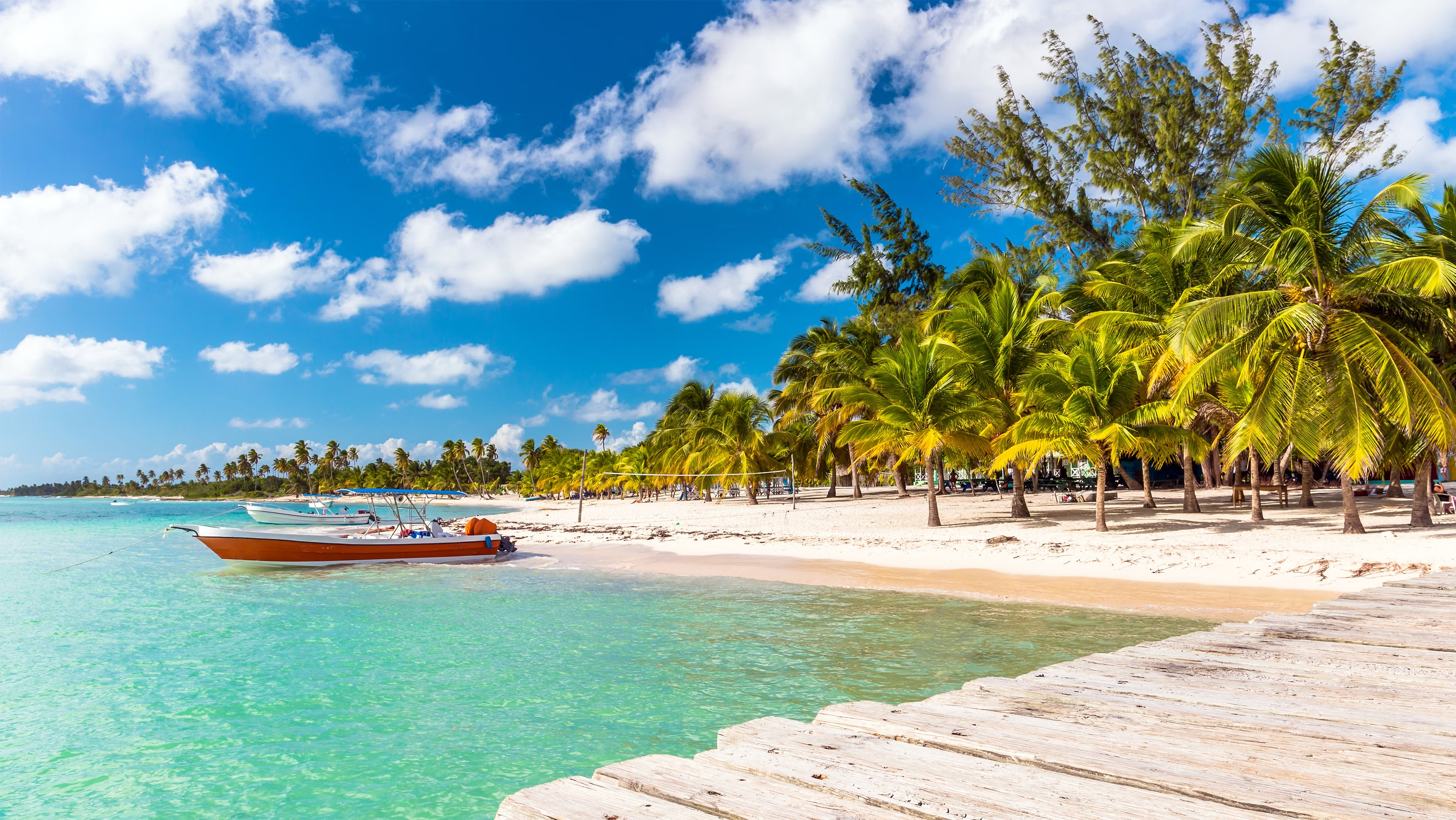
Spring-Break Safety Tips For College Students
For college students on vacation, Spring Break safety is Travel Safety 101, meaning:
- Don’t wander off at night by yourself
- Don’t drink and swim
- Be smart about alcohol consumption
Specifically, if you're a college student traveling for Spring Break you should:
1. Protect Your Location.
Sharing too much information on social media may endanger your safety, according to the Rape, Abuse & Incest National Network. Don’t broadcast your location on Instagram; instead, save your photos and post them after you return.
2. Arrive And Leave With Friends.
Because there’s safety in numbers, especially during Spring Break, you should:
- Arrive and leave with friends when going somewhere unfamiliar
- Agree on a place to meet if you’re separated
- Consider creating a code word or signal if you’re feeling uncomfortable
- Share your location with your friends. If you're really concerned about safety, AirTag each other
- Appoint one person in your party to be the designated sober one, to watch for drink-spiking and keep an eye on their companions
3. Get Up-To-Date On Your Vaccines.
Visit the CDC’s travel-health site to find out if you need anything beyond the normal round of flu and COVID shots.
This is much more of a necessity if you’re heading overseas, but getting current on your tetanus shots and other immunizations is a good idea even if you’re traveling domestically.
4. Take A Copy Of Your Passport.
There’s no worse feeling when you’re traveling than discovering your passport has been stolen or lost. Take a copy of your passport everywhere, and keep the original in a safe place. Also, leave a copy of your passport back home with your parents or a friend.
 Photo by Ryan Everton on Unsplash
Photo by Ryan Everton on Unsplash
5. Carry A "Handy Help Kit."
Whenever you leave your lodgings, carry:
- A business card or phone number of a reputable local cab firm and/or Uber
- Your phone, with the following apps installed (at a minimum):
The app of your favorite rideshare service(s) that operates where you are
GeoSure
Noonlight
Google Maps or Apple Maps - Contact info for the nearest embassy or consulate
- The number of your travel insurer’s assistance line
- The address of your lodgings
6. Have A Little Cash In The Local Currency.
You don’t need a lot, but $20-$50 should see you through many emergencies.
7. Avoid First-Floor Hotel Rooms.
Thieves are lazy. They don't like to take stairs or wait for the elevator if they don't have to. If you bring your laptop, keep it in a hotel safe, or bring your own travel safe, like the ones from Pacsafe.
8. Be Smart About The Ocean - And Water In General.
According to the American Safety Council, 70% of deaths from recreational water activities involve alcohol, so don’t drink and swim. Also:
- Watch for rip currents and riptides. Check online forums for beaches susceptible to strong currents
- Swim where there’s a lifeguard
- Follow posted warnings about dangerous marine life
- Don’t dive headfirst into shallow areas
9. Tan Safely.
Reduce exposure to the sun; ease into your tan. Avoid tanning beds before you leave, as they can supply too much exposure too fast.
Choose sunscreen that provides a high level of sun blockage but is also environmentally safe. The Environmental Working Group has tips on finding eco-friendly sunscreen.
10. Buy Travel Insurance.
Especially if you’re traveling internationally, you’ll want travel insurance for its medical coverage, emergency evacuation, and travel assistance.
The plans offered by Berkshire Hathaway Travel Protection are flexible and comprehensive enough to cover virtually any type of Spring Break trip, from road trips to international adventures.
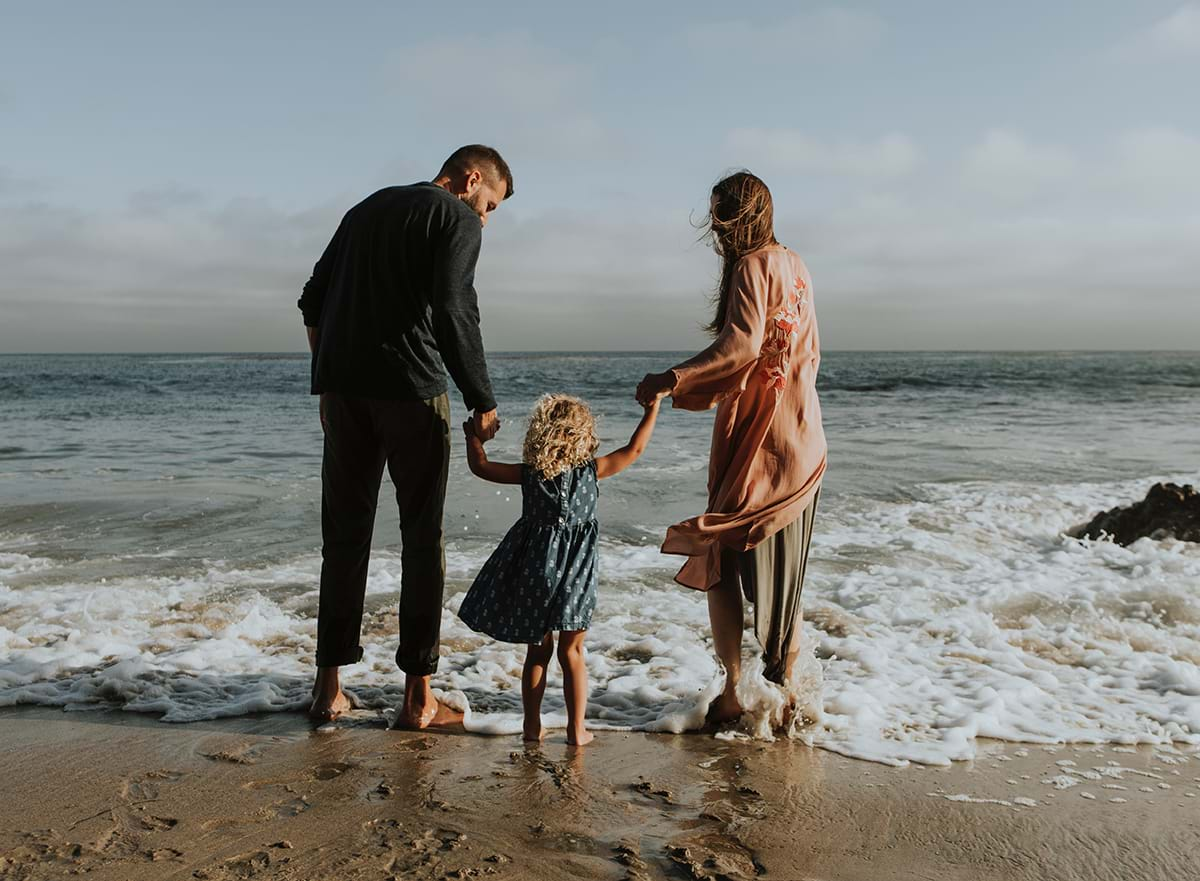 Photo by rawpixel on Unsplash
Photo by rawpixel on Unsplash
Spring Break Safety Tips For Families
Families on vacation over Spring Break have to approach the sun, surf and beach with caution ... While dealing with all the safety concerns that go with children and an unfamiliar location.
To ensure a safe and fun Spring Break family vacation:
1. Do Your Research Beforehand.
Make sure your destination is safe before you leave. Check resources like:
- The Centers for Disease Control and Prevention’s travel-health site
- Travel.state.gov, the State Department’s travel site
- The site of the local tourism board where you’re traveling
- Blogs dealing specifically with travel safety (like this one)
2. Up Your Awareness Level.
If you're a vigilant parent at home, you’re probably going to be a hyper-vigilant parent when you’re on vacation.
However, no matter how eagle-eyed you try to be, kids can lose themselves with alacrity. To cut down on the possibility of kid loss:
- Give the older ones phones and have them share their location
- AirTag your kids
- Set geographic boundaries
- Be particularly explicit about behavior near water, busy streets and other hazards
- Put strict time limits on less-supervised time
- Have a safe meetup location where kids know they can always go
3. Protect Your Eyes.
Don’t be absent-minded about your glasses, and don’t skimp on contact-lens care. In addition:
- Pack a spare pair of glasses and extra contact-lens supplies
- Carry a copy of your formulary, if you’re lost without your glasses
- Remove contacts before swimming
- Take out your contacts before bed
4. Practice Good Water Safety.
Good water safety starts with everyone knowing how to swim. Parents and families should also:
- Stay within arm’s reach of young children in the water, and never leave them unattended near water
- Swim where there’s a lifeguard – ideally more than one. Don’t trust a lifeguard to see everything
- Adopt the buddy system
- Watch for waves and rip currents
- Avoid alcoholic beverages while swimming, driving or boating
- Wear life jackets while boating, and expect that rental boats at many Caribbean destinations won’t have enough life jackets for your entire party
- Complete a boat-safety course
- Check over a rental boat thoroughly before heading out
- Know where you’re going when boating, and ask about areas to avoid
- Avoid boating at night
- Thoroughly vet dive operators before booking
- Let someone back at your hotel know where you’re going, when you’re leaving and when you expect to be back
5. Eat Healthy.
Being on vacation doesn’t mean abandoning good eating habits. Eat lots of vegetables, fruits, and whole grains, plus low-fat dairy products, lean meats, poultry, fish, and legumes, and:
- Drink lots of water; if you’re overseas, drink only water and other beverages that are bottled and sealed
- Limit your intake of salt, sugar, alcohol, and saturated fat
- Eat food that’s cooked and served hot
- Wash all fruits and vegetables before eating ... in water you know is safe
- Avoid eating in places you feel are unsanitary – and watch out for street food (a good rule to follow is to eat where there are long lines and the food is freshly prepared to meet demand)
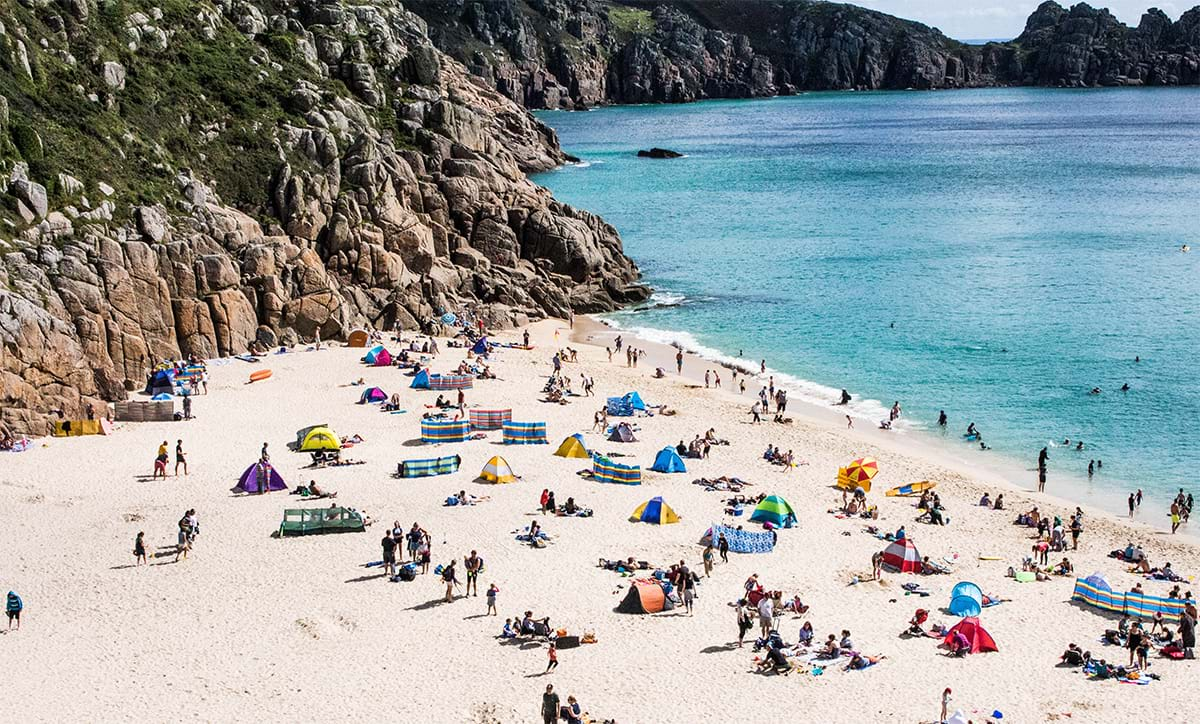 Photo by Charisse Kenion on Unsplash
Photo by Charisse Kenion on Unsplash
6. Be Careful With The Sun.
Tropical sun is stronger than New Jersey sun: fact of life.
To prevent sun-related issues:
- Apply SPF 15 or higher sunscreen (preferably waterproof) every 30 minutes
- Reapply sunscreen after swimming
- Use spray sunscreen and sunscreen sticks with kids
- Be aware of restrictions on sunscreens; many tropical destinations require “reef-safe” sunscreen
- Put on insect repellent over sunscreen
- Avoid direct exposure from 10 a.m. to 4 p.m., when the sun's rays are strongest
- Keep babies under six months out of direct sunlight
- Wear sunglasses, hats, and protective clothing, like swim shirts for kids
- Avoid tanning salons pre-trip
7. Talk About Stranger Danger.
Talk to your kids about stranger danger before you leave and when you arrive. Teach your children never to talk to strangers, particularly at night, and to report suspicious behaviors to an adult.
At the same time, finding a safe play area where your children can play with local kids or children from different cultures can be a great experience for everyone. Online parent groups can help steer you in the right direction.
8. Stop Germs And Viruses.
Experts say you’re 113 times more likely to catch a cold on a plane than at home.
To lessen your chances of catching something:
- Wash your hands frequently (or use hand sanitizer) and cover your mouth when coughing.
- Wear socks while going through TSA to avoid fungal infections.
- Use your own pillows and blankets instead of the airline's.
- Avoid airline magazines and catalogs.
- Bring your own antibacterial wipes.
9. Watch Your Valuables.
Passport and credit-card security may get lost in the shuffle of beach bags and theme-park excursions.
- Put your passports, extra cash, and secondary credit card in the hotel safe. Don’t carry valuables with you once checking in
- Make copies of your passports and carry them with you
- Make another set of passport copies and leave them at home with a family member in case the originals are stolen
- Limit the valuables you bring to the beach, keep them with you whenever possible, and don’t leave them unattended on a beach towel
- Consider buying a waterproof pouch for your phone when you swim
- When waiting in line, wear your backpack on your chest as opposed to your back (when there’s not a baby occupying that same space, of course)
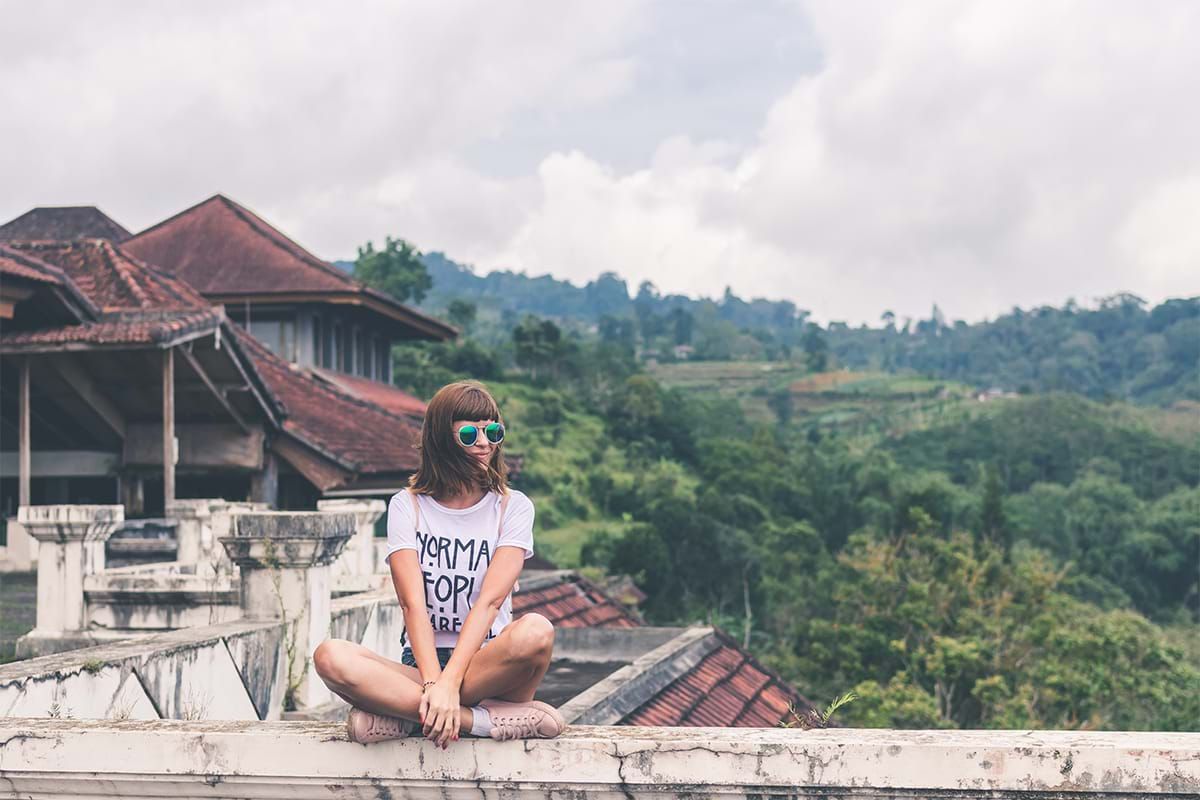 Photo by Artem Bali on Unsplash
Photo by Artem Bali on Unsplash
Spring Break Safety Tips For Solo Travelers
Solo travel continues to boom in popularity, with solo explorers of all ages getting in on the act.
If your Spring Break adventures have you going it alone, your priorities should be:
1. Your person.
2. Your documents.
3. Your money.
4. Your stuff.
These tips can help you keep all four priorities safe.
1. Be Prepared.
Preparation is the key to solo-travel safety. What does that mean exactly? Things like:
- Adjusting your itinerary so you arrive at a new destination during daylight hours
- Knowing how to access licensed taxis or rideshares like Uber
- Researching your destination in advance so you understand the layout of the city and areas to avoid (the GeoSure app can be a big help here)
- Booking at least your first night’s accommodation before you arrive in a new place
- Purchasing travel insurance with ample coverage for medical emergencies and emergency medical evacuation
2. Stay Healthy.
Having backup meds is especially important when traveling alone, so pack extra prescription medicine and scripts. Make sure drugs are identified by their generic name. Carry a list of all medications you take in case you need medical care and have to supply that information.
Food-borne illnesses are everywhere and not eating is not an option. Ease into the local cuisine – especially food-stall cuisine – and have a plan for when you get sick.
Also, if you’re overtired or jet-lagged, you’re naturally going to be less alert – so get your rest.
3. Enroll In STEP.
Enrolling in the State Department’s Smart Traveler Enrollment Program (STEP) is one of the simplest, smartest things you can do when you travel. When you sign up for STEP, you:
- Receive information from the local embassy about safety conditions in your destination country
- Help the embassy contact you in an emergency
- Help family and friends get in touch with you in an emergency
STEP is free, but you have to re-enroll with every new trip and/or destination.
4. Blend In.
Among the things to keep in mind:
- Walk like a local – briskly, and with a sense of purpose
- Eyes forward, not skyward
- Research local customs and dress codes before you travel (for instance, St. Peter’s Basilica in Rome will turn you away if you have bare shoulders or legs, and modest dress is recommended for travelers to the UAE)
- Dress conservatively and leave the flash home
- When crossing a street in a country where they drive on the left, look the other way first
5. Be A Safe Hermit.
Sometimes solo travel means just holing up in your room for a night. If that’s you, remember to:
- Tell the front desk not to give your room number or admit that you’re at the hotel. (all hotels should know this, but some staff members break the rules)
- Ask who it is if someone knocks (don’t automatically open the door)
- If you aren’t expecting anyone, report the incident to the front desk
If you decide to rent a vacation home far from the madding crowds and only venturing out for the necessities, remember to fully vet your rental. Some of the reviews that sound too good to be true probably are.
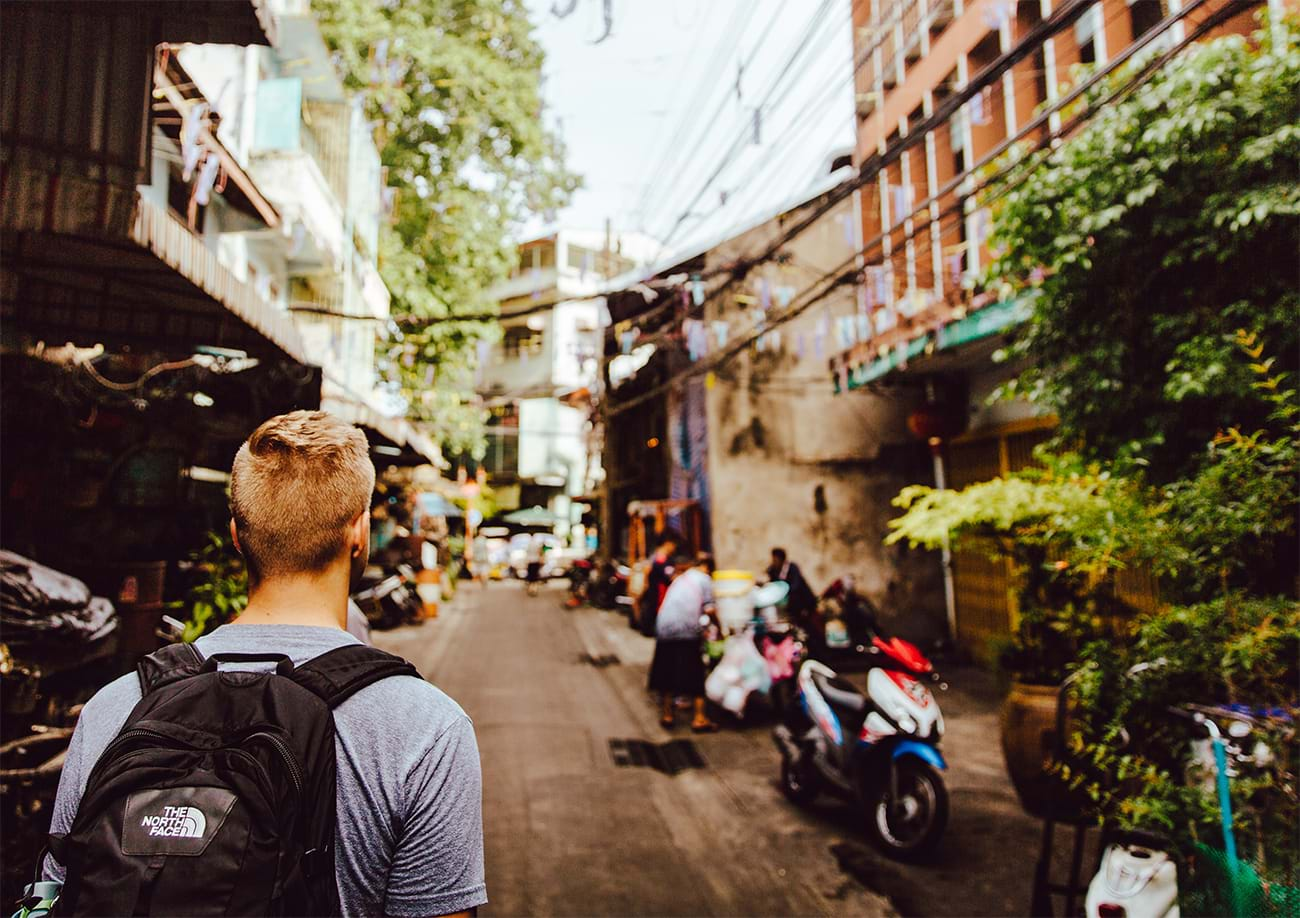 Photo by Evan Krause on Unsplash
Photo by Evan Krause on Unsplash
6. Go (And Stay) Public.
The reverse of that advice can help keep you safe as well.
Assuming you can take care of your belongings, spend most of your time in well-lit, public places with decent, but not crushing, crowds. Dark alleys are just that.
7. Watch Your Stuff.
Keeping safe means keeping vigilant. To help do that:
- Keep your bags in sight at all times
- Make sure your bag or purse has a long strap that can fit across your body
- When you put down strapped gear, put it between your feet and step on the strap
- Don’t hang a purse or bag on the back of a chair
- Keep your backpack in front of you if you’re standing in a line
- Buy a luggage strap to secure additional items such as a laptop bag or coat to your suitcase so you can keep your hands free
- Get a wrist strap or lanyard for your phone
8. Take Special Care Of Your Documents.
You should:
- Make copies of all important documents and keep them in a separate place – multiple places are best
- Leave a copy with someone at home and save a copy in the cloud so you can access it from anywhere
- Spread cash around multiple places; don’t carry it all in your wallet
- Use credit cards when it makes sense
9. Learn A Few Phrases In The Local Language.
Memorize the words “slow down,” “please,” “thank you,” and a few others in the local language. It’s okay to cheat and use Google Translate if you have to.
10. Engage Other People In Your Safety.
If someone suddenly needs help, find someone else to help you help them. If the situation is a set-up, the scammers will be less likely to pick on multiple people.
Americans tend to want to be the first people to help. When you’re traveling solo, it's often best to resist that urge.
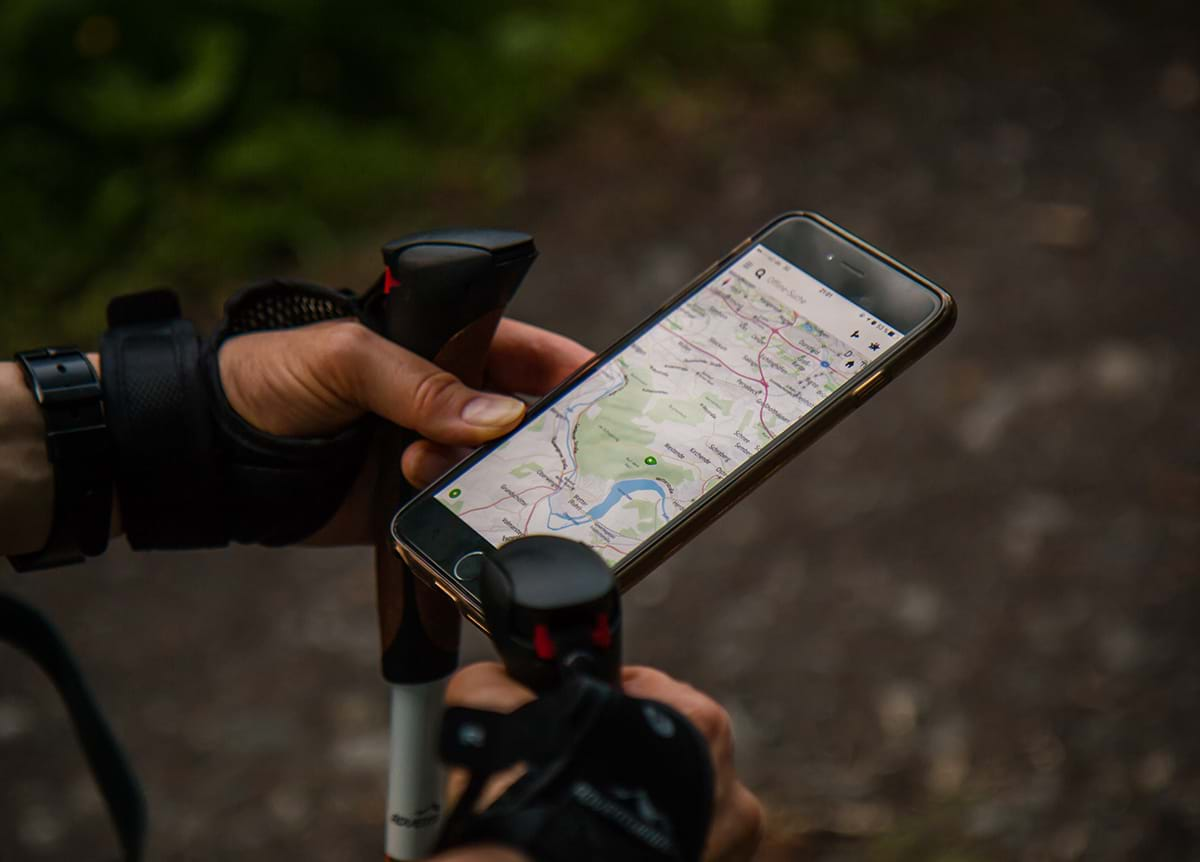 Photo by Antonio Grosz on Unsplash
Photo by Antonio Grosz on Unsplash
11. Always Carry A Map.
Walking around with a map in your hands may make you look like a lost tourist, but sometimes it’s the best way to understand where you are. Want to look less conspicuous? Use a map app like Google Maps, or a Lonely Planet guide.
12. Understand How Mass Transit Works - And Whether You Want To Use It.
In Cairo you won’t want to use mass transit; in Montreal it’s the only way to go. Before you leave:
- Understand the difference between public transport (meaning it’s administered) and mass transport (meaning it could be run by a private entity), because in some less-developed countries public transport is safe, but mass transport isn’t
- Research the safety of the systems you’ll be using
- Find out how to pay for it
- See and understand where it can take you
To have this information literally at your fingertips, download the Transit app, or the app of the mass-transit providers where you’re visiting.
13. Be Proactive - Not Reactive.
Always try to be in charge of the situation; don’t let the situation be in charge of you.
Also, no should mean no. If your first instinct is not to be involved in a situation, give a polite “no.” If that doesn’t work, be firmer. Be rude if you have to be.
Trust your instincts and don’t let yourself be rushed or pressured into a decision.
14. Tell People Where You're Going.
Leave your daily itinerary with a friend or family member at home. Leave the same information with someone where you’re staying.
Safe Spring-Break Destinations
According to Lodging magazine, here are the top domestic Spring Break destinations for 2025:
- Orlando, Fla.
- Fort Lauderdale, Fla.
- Atlanta, Ga.
- Miami, Fla.
- New York, N.Y.
- Honolulu, Hawaii
- Anaheim/Los Angeles, Calif.
- Tampa, Fla.
- Chicago, Ill.
- Charlotte, N.C.
And here are the top international destinations:
- Oranjestad, Aruba
- Lisbon
- Dublin
- London
- Paris
- Barcelona
- Madrid
- Amsterdam
- Rome
- Tokyo
Good news: many of these made our annual lists of the safest cities and countries for travelers.
Whatever destination you choose, following a few simple safety tips can help make your Spring Break trip memorable … for all the right reasons.
Questions About Travel Insurance?
Check out our online guide, "What Is Travel Insurance All About?" We've provided in-depth answers to all your travel insurance questions, starting with the basics.